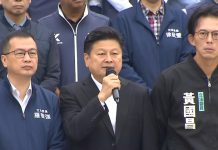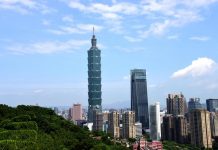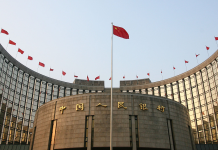BEIJING: The 2025 “super golden week,” combining the National Day and Mid-Autumn Festival holidays, demonstrated China’s vibrant consumption and sustained economic momentum, underscoring the country’s transition toward high-quality development.
Across China, the synergy between cultural enrichment and economic growth is becoming increasingly evident. In Shanghai, the historic Customs House building now features an XR experience, enabling visitors to explore the past, present, and future of the Bund. In Beijing, the Shougang Park hosted the World Table Tennis (WTT) China Smash, with over 88,000 tickets sold, blending industrial heritage with modern sports culture.
In a village deep within a mountain in Nanjing, capital city of Jiangsu province, Xiangtang has reinvented itself as a tranquil retreat. Its rustic cottages, cafes, and campsites attract urban visitors seeking a slower pace of life. By building a cultural brand, local products like gardenia flowers now sell at a premium, and creative goods generate nearly 5 million yuan ($703,680) in annual sales for the small community.
According to Fliggy, a leading online travel agency, bookings for rural homestays during the holiday season increased by over 40 percent year-on-year, reflecting a growing preference for immersive and personalized travel experiences.
“Cultural tourism is undergoing a shift from sightseeing to lifestyle immersion – a transformation that is reinventing the entire industry chain,” said Dai Bin, head of the China Tourism Academy. The holiday also served as a barometer of China’s consumption upgrading, with new business models and scenarios stimulating market vitality.
In Tianjin, a pop-up store themed on a homegrown animated series allowed fans to interact with their favorite characters. “It’s amazing to see the fictional world come to life,” said Xu Lin, a visitor from Shandong province. In Huzhou city, Zhejiang province, low-altitude tourism – including helicopter, paragliding, and hot-air balloon rides – gained popularity, with 16 routes and seven operating sites offered during the holiday.
Meanwhile, smart appliances are driving sales of higher-value home products. Preliminary figures showed that AI smart appliances accounted for 55 percent of Suning’s holiday sales. “Shoppers are increasingly focused on intelligence and user experience,” said Ma Ye, deputy manager of a Suning store in Beijing. –The Daily Mail-China Daily news exchange item






